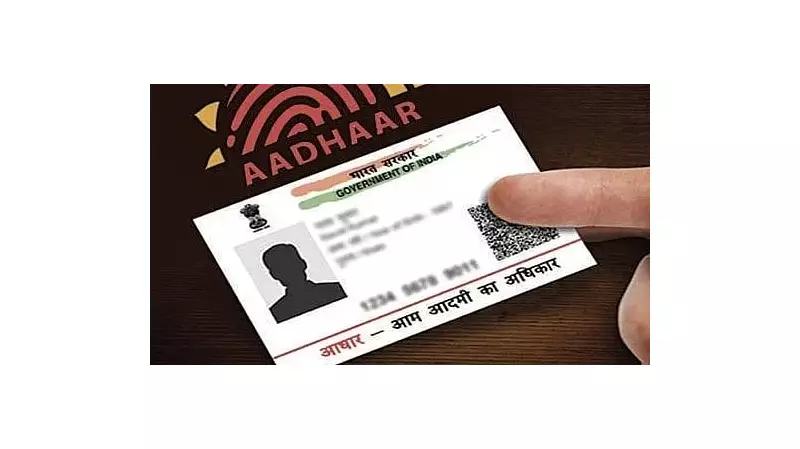
In a significant move to enhance accessibility to government services, residents across 12 states and union territories in India now have multiple identification options beyond Aadhaar for SIR (Standard Identity Registration) purposes. While Aadhaar has become the primary identification document, many citizens remain unaware of the legitimate alternatives available to them.
What is SIR and Why Does It Matter?
The Standard Identity Registration (SIR) serves as a crucial verification process for accessing various government schemes, subsidies, and services. The recent expansion of acceptable documents ensures that no eligible citizen is excluded due to the unavailability of a single identification type.
The Complete List of 11 Alternative Documents
Here are the officially approved documents that can be used instead of Aadhaar for SIR registration:
- Voter ID Card - The Election Photo Identity Card (EPIC) remains one of the most widely accepted alternatives
- Driving License - Both commercial and non-commercial licenses are valid
- PAN Card - The Permanent Account Number card serves as valid proof
- Passport - Current and valid passport is acceptable
- Ration Card - The official public distribution system document
- NREGA Job Card - Mahatma Gandhi NREGA issued job cards
- Government ID Cards - Issued by central/state government departments
- Bank/Post Office Passbooks - With photo and updated address
- Student Identity Cards - From recognized educational institutions
- Pension Documents - Pension payment order with photograph
- Kissan Credit Cards - With photograph of the cardholder
Which States and UTs Accept These Documents?
The 12 participating states and union territories have implemented this flexible identification system to ensure maximum coverage and convenience for their residents. This initiative particularly benefits senior citizens, students, and individuals in rural areas who might face challenges in obtaining or updating their Aadhaar cards.
Why This Expansion Matters
This document flexibility addresses several critical concerns:
- Provides alternatives for those facing Aadhaar technical issues
- Ensures service continuity during Aadhaar updates or corrections
- Offers options for specific demographic groups like students and farmers
- Reduces dependency on a single identification system
- Enhances inclusivity in government service delivery
The move represents a significant step toward creating a more flexible and citizen-friendly identification ecosystem while maintaining the necessary security and verification standards required for government services.





